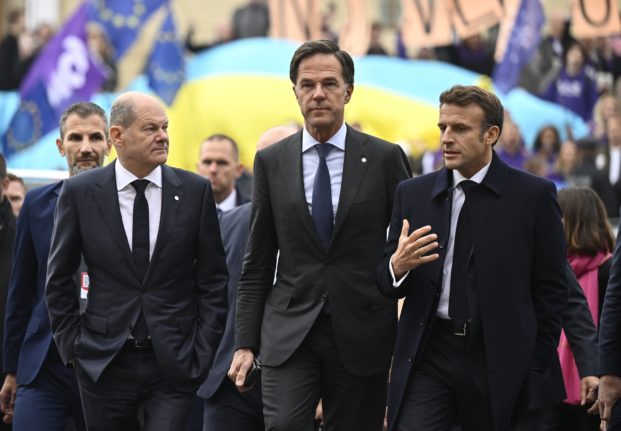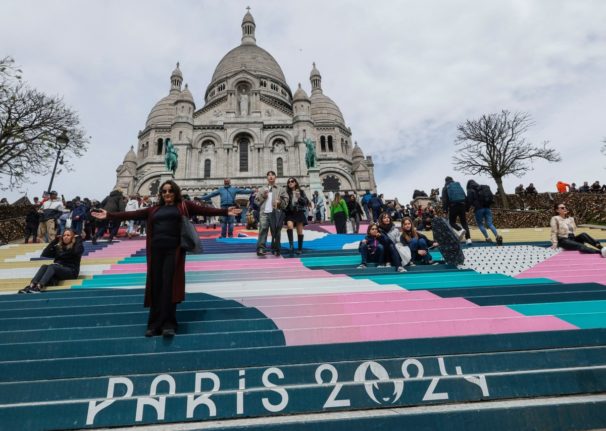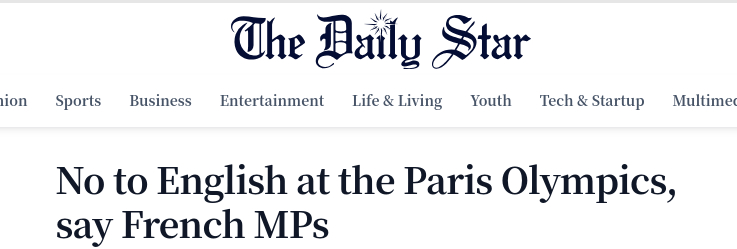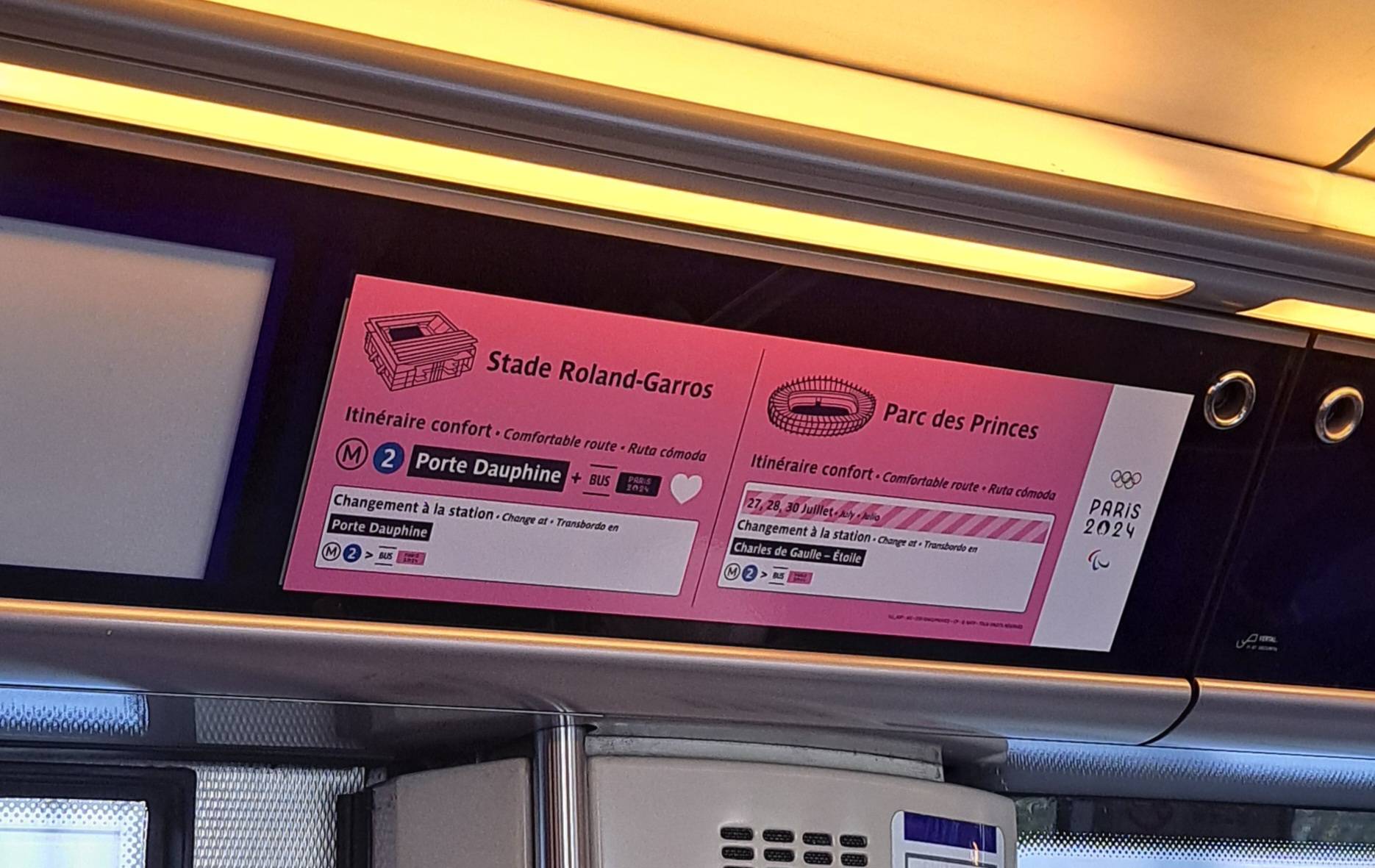The parliamentary leaders of the German Bundestag, the French National Assembly and the Polish Sejm were due to meet in Augsburg under the Weimar Triangle format on Sunday and Monday.
But Bundestag speaker Bärbel Bas said the meeting will not go ahead “because of other commitments from the French side”.
Due to a key budget debate in France, its parliamentary chiefs were unable to travel to southern Germany for the talks.
“I regret it very much that we cannot meet personally in Augsburg. At the same time, I fully understand that the deliberations in France have priority,” said Bas in a statement.
France said it offered to keep to the appointment, with its parliament speaker Yael Braun-Pivet to join via video link while her deputy led the delegation to Augsburg.
But it said the German side had preferred to postpone the meeting.
The latest cancellation came as tensions were rising between France and Germany over issues from energy to military spending.
The two EU giants cancelled their cabinet meeting next week as Berlin said they needed “more time” to find common ground on a range of issues.
READ ALSO: German government delays talks with France as tensions build
France’s President Emmanuel Macron also issued a stinging warning to Germany ahead of the EU summit on Thursday, saying it was “not good” for Berlin to isolate itself.
Paris on Thursday also pulled the rug out from under Berlin’s plans to revive the MidCat pipeline project linking Spain and Portugal through the Pyrenees mountains.
Instead, it announced a new underwater conduit along with Madrid and Lisbon which would be initially used for natural gas before switching to hydrogen transportation.
Asked about the relationship between Chancellor Olaf Scholz and Macron, the German leader’s spokesman Wolfgang Büchner described it as “excellent”, while dismissing as speculation talks that disagreements dogged the pair.
He added that Germany welcomed the new pipeline project and expected to also benefit from it.
READ ALSO: France begins sending gas to Germany in ‘act of EU solidarity’





 Please whitelist us to continue reading.
Please whitelist us to continue reading.
Member comments